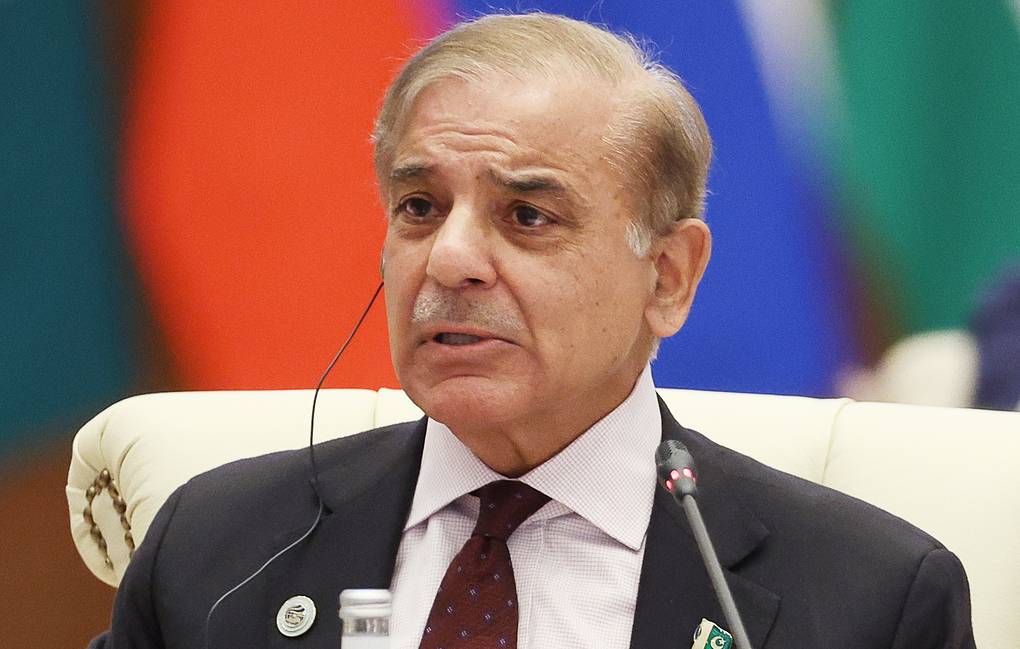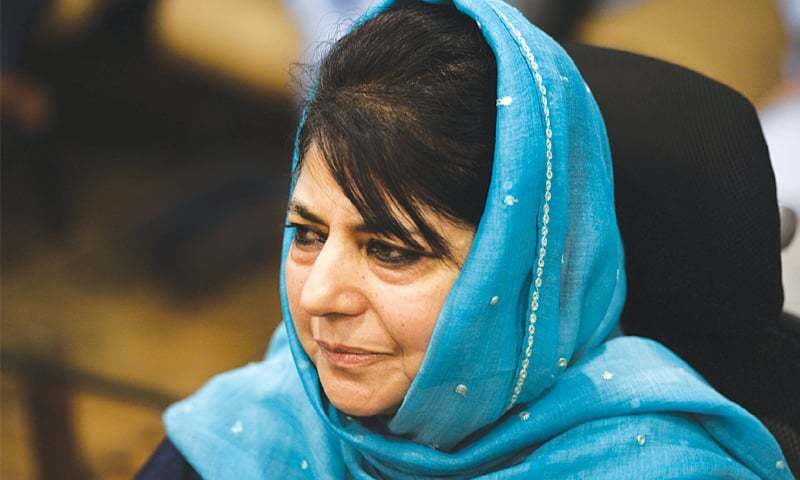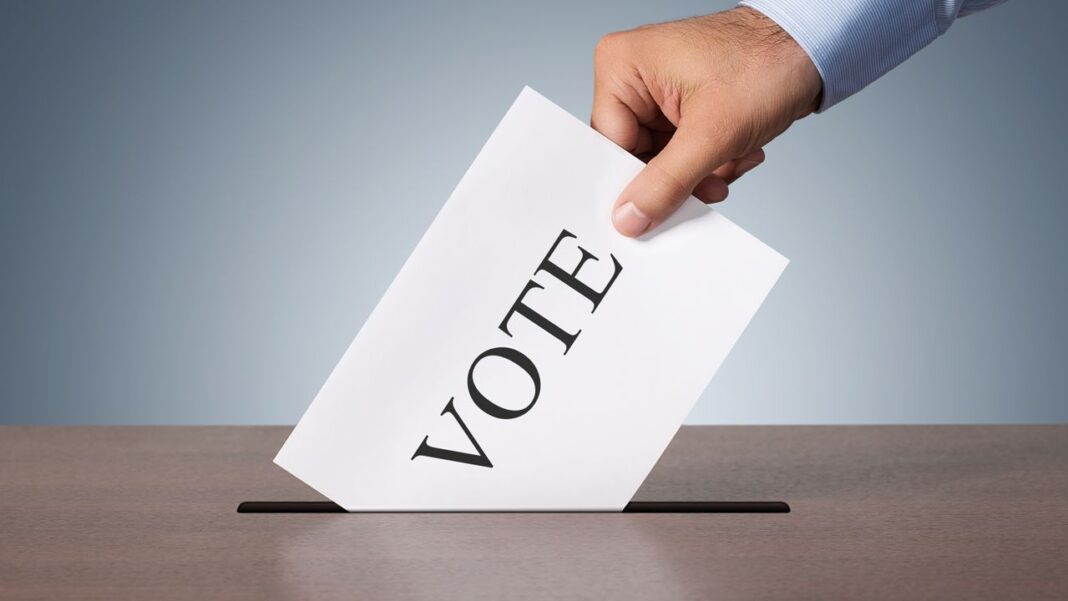Frequent social media use may up eating disorder risk:study
Fri 13 May 2016, 10:29:25
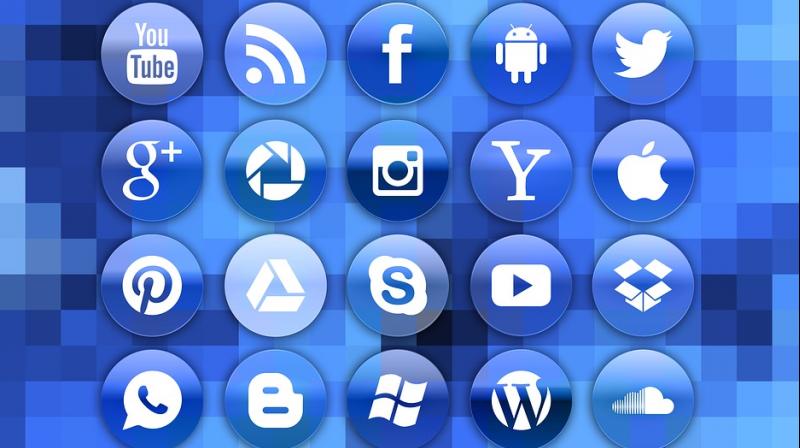
Logging on to social media sites such as Facebook, Instagram and Twitter frequently may increase the risk of eating disorders and distorted body image in young adults, a new study has warned.
Gender, specific age, race and income does not influence the association, researchers said."We have long known that exposure to traditional forms of media, such as fashion magazines and television, is associated with the development of disordered eating and body image concerns, likely due to the positive portrayal of 'thin' models and celebrities," said Jaime E Sidani from University of Pittsburgh in the US.
"Social media combines many of the visual aspects of traditional media with the opportunity for social media users to interact and propagate stereotypes that can lead to eating and body image concerns," said Sidani.
Researchers sampled 1,765 US adults between ages 19 to 32 in 2014, using questionnaires to determine social media use.
The questionnaires asked about the 11 most popular social media platforms at the time - Facebook, YouTube, Twitter, Google Plus, Instagram, Snapchat, Reddit, Tumblr, Pinterest, Vine and LinkedIn.
They cross-referenced those results with the results of another questionnaire that used established screening tools to assess eating disorder risk.
Eating disorders include anorexia nervosa, bulimia nervosa, binge eating disorder and other clinical and mental health issues where people have a distorted body image and
disordered eating. These issues disproportionately affect adolescents and young adults, researchers said.
disordered eating. These issues disproportionately affect adolescents and young adults, researchers said.
However, more general disordered eating, body dissatisfaction, and negative or altered body image likely affect a broader group of individuals, they said. Participants who spent the most time on social media throughout the day had 2.2 times the risk of reporting eating and body image concerns, compared to their peers who spent less time on social media, researchers said.
Participants who reported most frequently checking social media throughout the week had 2.6 times the risk, compared with those who checked least frequently, they said.
Researchers noted that the analysis could not determine whether social media use was contributing to eating and body image concerns or vice versa - or both.
"It could be that young adults who use more social media are exposed to more images and messages that encourage development of disordered eating," said Brian A Primack from University of Pittsburgh.
"People who have eating and body image concerns might then be turning to social media to connect with groups of people who also have these concerns," said Primack.
"However, connecting with these groups for social support could inhibit recovery because of the desire to continue being a part of the shared identity such social media groups foster," he added.
The findings were published in the Journal of the Academy of Nutrition and Dietetics.
No Comments For This Post, Be first to write a Comment.
Most viewed from Specials
Most viewed from World
AIMIM News
Latest Urdu News
Most Viewed
May 26, 2020
Do you think Canada-India relations will improve under New PM Mark Carney?
Latest Videos View All
Like Us
Home
About Us
Advertise With Us
All Polls
Epaper Archives
Privacy Policy
Contact Us
Download Etemaad App
© 2025 Etemaad Daily News, All Rights Reserved.


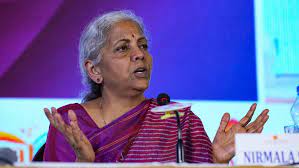










.jpg)
.jpg)
.jpg)
